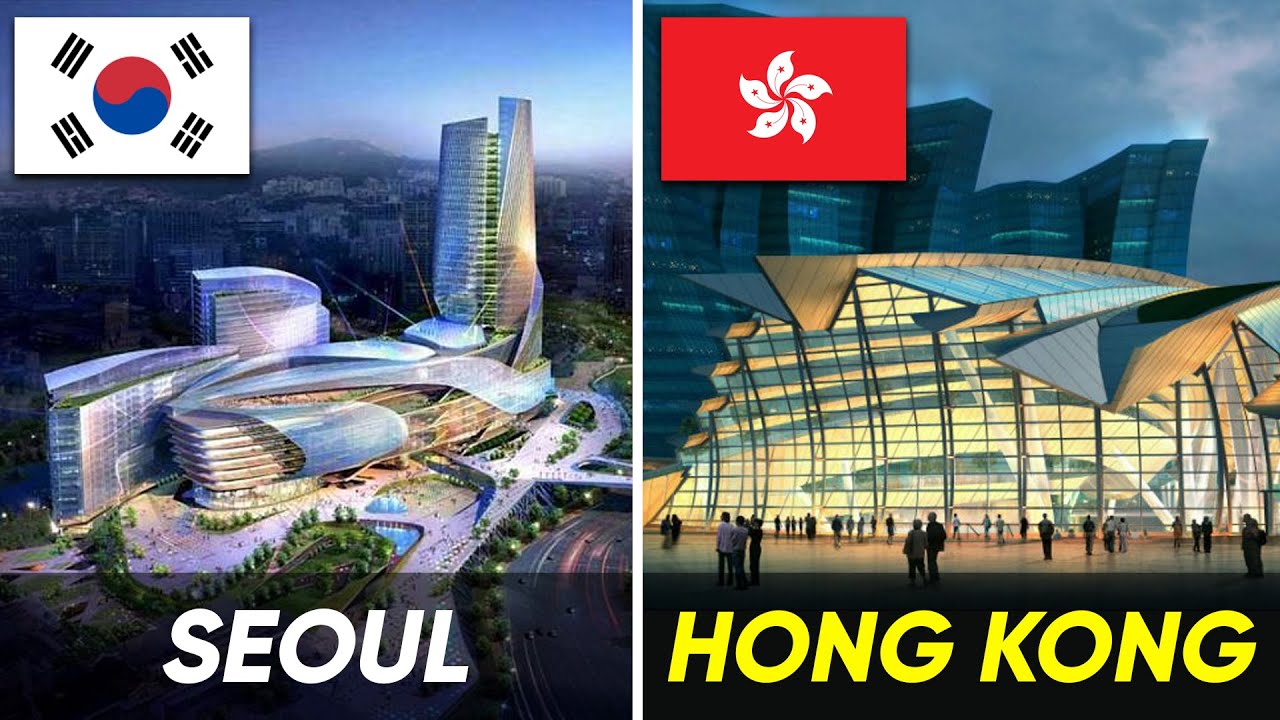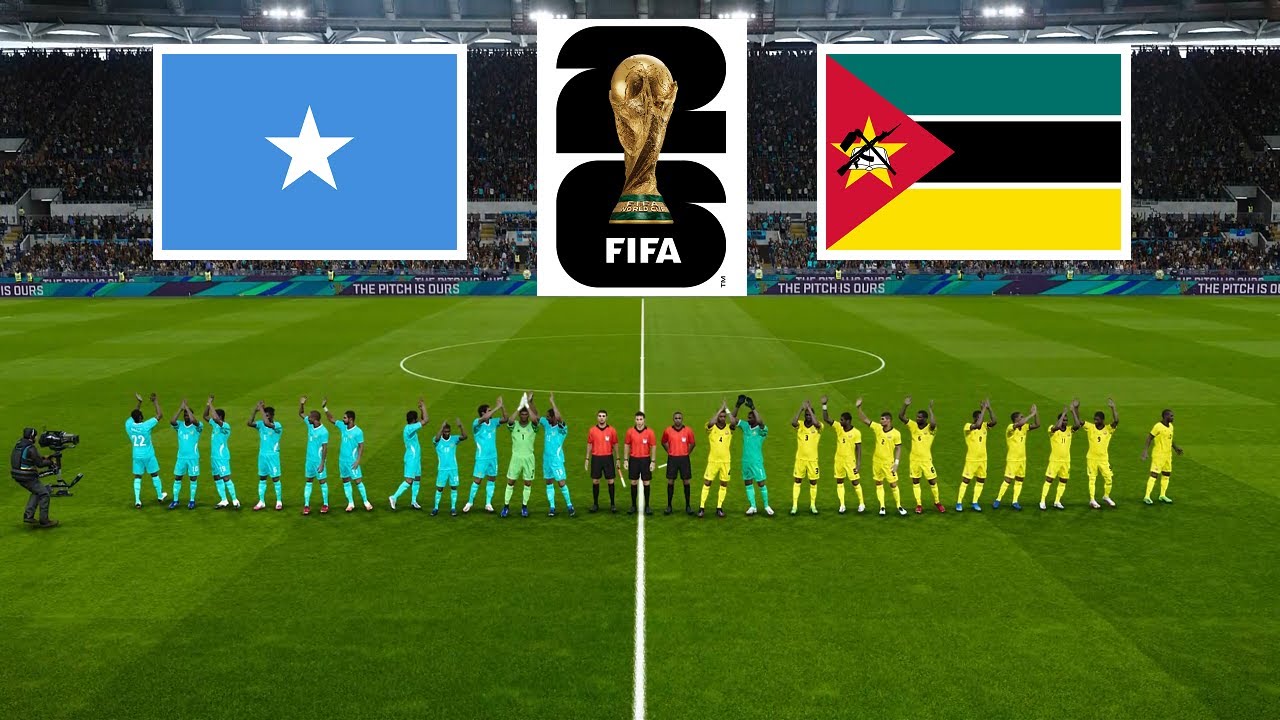
Introduction
The debate between Hong Kong and South Korea has gained prominence in recent years, especially considering their significant roles in Asia’s economy and culture. Both regions have made headlines for their rapid advancements, although they each offer distinctly different social and political environments. This article explores the key differences and similarities that define Hong Kong and South Korea today.
Economic Landscape
Hong Kong, known for its free-market economy, has long been a global financial hub. According to the latest World Bank data, Hong Kong’s GDP in 2023 is estimated at approximately $368 billion, showcasing its robust trade and finance sector. Major corporations like HSBC and Alibaba have cemented their presence in the region, attracting international investments.
On the other hand, South Korea presents a diverse economy driven by technological innovation. In 2023, South Korea’s GDP is projected to be around $1.8 trillion, with major conglomerates such as Samsung and Hyundai at the forefront of global markets. South Korea’s emphasis on research and development has made it a leader in high-tech industries, including electronics and automotive sectors.
Cultural Aspects
Culturally, Hong Kong is often viewed as a melting pot where East meets West, thanks to its colonial history. This blend is evident in its culinary scene, film industry, and art. The annual Hong Kong Arts Festival attracts global talents, further solidifying its status as a cultural hotspot.
Conversely, South Korea has a vibrant culture influenced heavily by its traditional values, modern music, and film – notably the global phenomenon of K-pop. The Korean Wave, or ‘Hallyu’, has captivated audiences worldwide, establishing South Korea as a significant force in global entertainment.
Political Environment
Politically, Hong Kong operates under the “One Country, Two Systems” framework, which has been under scrutiny, particularly after the 2019 protests advocating for democratic reforms. The subsequent national security law imposed by Beijing has led to concerns about the future of freedoms in Hong Kong.
In contrast, South Korea is known for its vibrant democracy, with recent elections showcasing the public’s active participation. The country has made strides in civil liberties compared to Hong Kong, which remains contentious.
Conclusion
In summary, while Hong Kong and South Korea share similarities as dynamic Asian economies, their paths diverge significantly in political structures and cultural identities. Understanding these nuances is vital for investors, policymakers, and cultural enthusiasts. As both regions evolve, the international community watches closely, keen to see how their unique attributes may influence the broader Asian landscape in the coming years.
You may also like

Canada vs New Zealand: A Comparative Overview

Nepal vs United States: A Comparative Perspective

A Comparative Analysis of Somalia vs Mozambique
SEARCH
LAST NEWS
- Remembering Wendy Richard: The Promise to Co-Star Natalie Cassidy
- How Did Anglian Water Achieve an ‘Essentials’ Rating for Mental Health Accessibility?
- Shai Hope Leads West Indies in T20 World Cup Clash Against South Africa
- What We Know About Weston McKennie: Future at Juventus and Past at Leeds
- What We Know About the Upcoming Live Nation Antitrust Trial